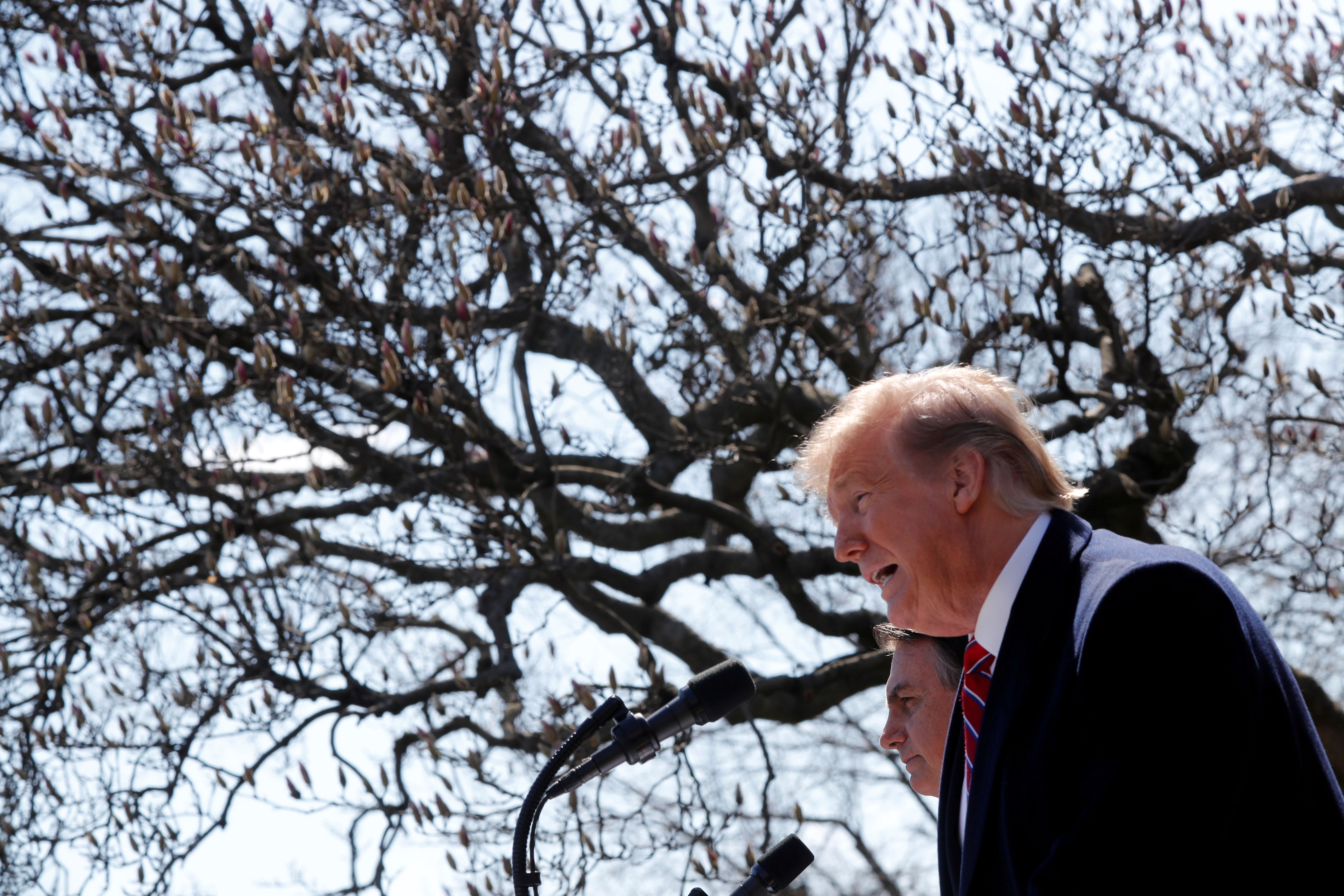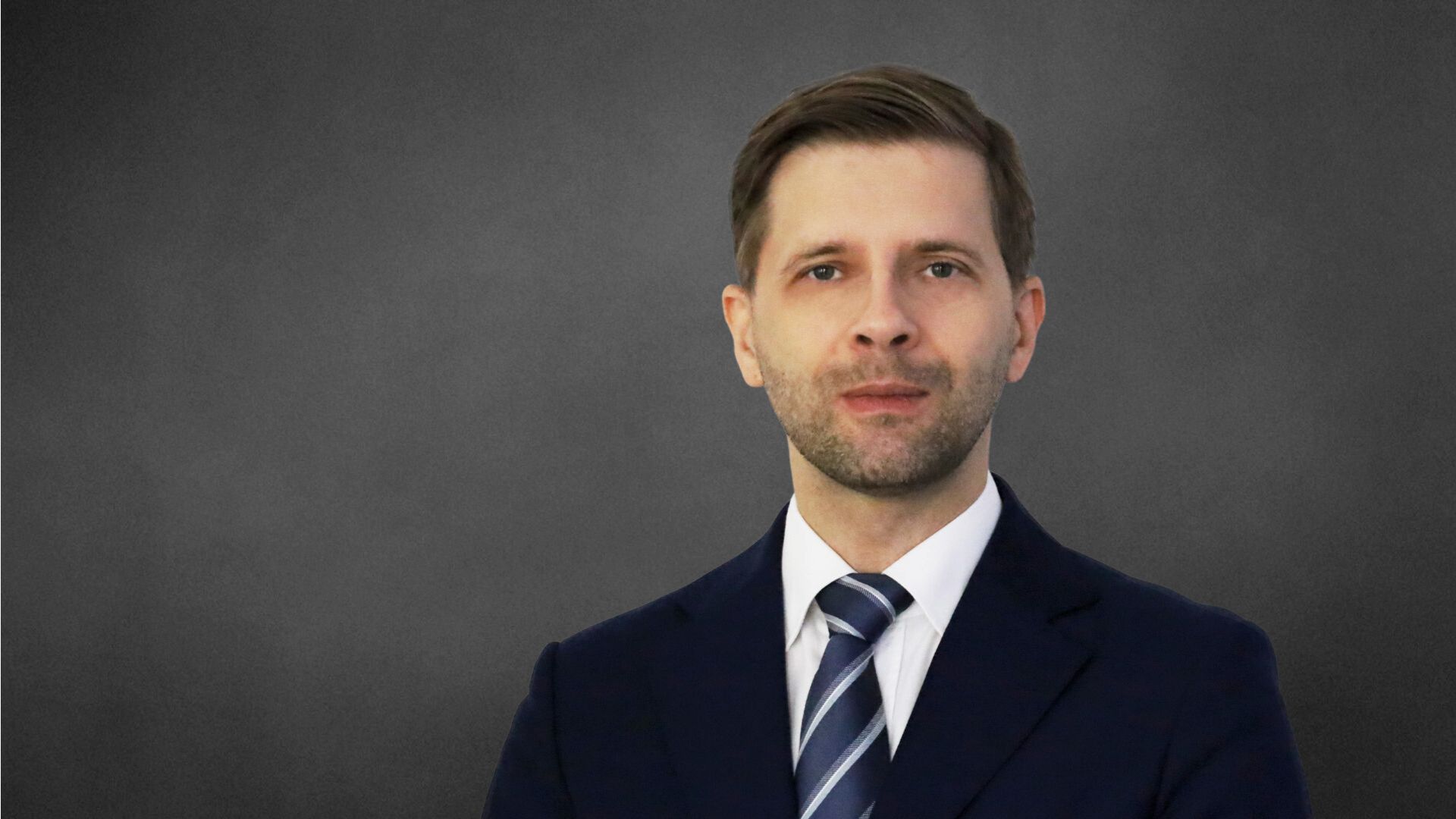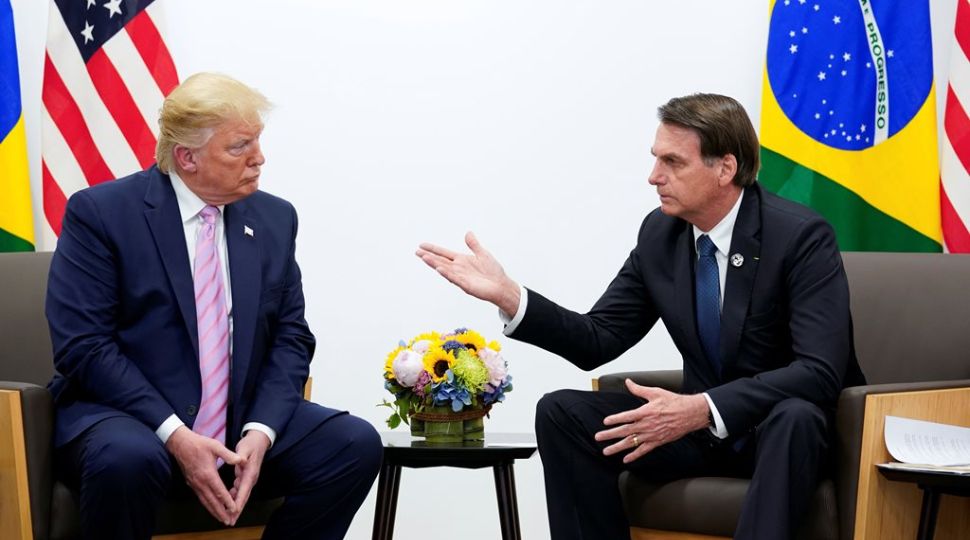The Significance of the Pro-U.S. Stance in Brazil’s Defence Policy

Brazil’s Defence Policy
In documents approved in 2018 that define the long-term concept of its defence policy, Brazil emphasises the security of its vast territory and “strategic surroundings”, understood as South America, the South Atlantic, Antarctica, and the west coast of Africa. It, therefore, attaches importance, for example, to collaboration within the South Atlantic Peace and Cooperation Zone (ZPCAS), which includes countries connected to this part of the ocean. It also sets the goal of developing Brazil’s national arms industry by acquiring technology and manufacturing locally and mentions the nuclear, space, and cybersecurity sectors as strategic areas.
The defence sphere has a special place in the current government’s policies. Bolsonaro (a retired Army captain) has included many armed forces members in his administration, starting with the vice-president, retired Gen. Hamilton Mourão. The president is keen to call in the military to resolve crises, such as last year’s wildfires in the Amazon. His government differs from its predecessors mainly in recognizing the U.S. as a priority partner in enhancing Brazil’s defence capabilities and deciding to develop cooperation with NATO.
Relations with the U.S.
The Bolsonaro administration continues to develop bilateral defence collaboration undertaken at varied pace by its predecessors. The left-wing Brazilian governments (2003–2016) negotiated the Military Cooperation Agreement and President Luiz Inácio Lula da Silva (2003–2010) signed it in 2010. The document came into force five years later under Dilma Rousseff (2011–2016) after the easing of tensions triggered by the revelation that U.S. intelligence had eavesdropped on Brazilian officials, including the president. Under Michel Temer’s centre-right administration (2016–2019), a Master Information Exchange Agreement, negotiated since 2013, entered into force. In September 2016, both countries inaugurated the Dialogue of Arms Industries (an initiative agreed by the Rousseff and Obama administrations), and in 2018, the intergovernmental permanent security forum.
Bolsonaro’s visit to the U.S. in March 2019 brought further institutionalisation. U.S. President Donald Trump declared that Brazil was to receive the status of a U.S. “Major non-NATO Ally”, and the U.S. Congress approved it in July 2019. For the Brazilian authorities, this status helps the country gain preferential access to U.S. military training and technology. Both countries also signed a new version of the Technology Safeguards Agreement (TSA), and Brazil ratified it in November 2019 (the text had been negotiated in 2000 but was then blocked by the Brazilian parliament). The TSA regulates the use of U.S. solutions required to launch space rockets, so with it, Brazil can develop launch base at Alcântara commercially. The agreement was possible in part thanks to a decision by Brazilian aerospace firm Embraer in 2018 in partnership with U.S. giant Boeing in developing passenger aircraft and in marketing the KC-390 transport aircraft (current trade name C-390 Millennium), which is manufactured in Brazil.
In September 2019, the countries reinstated the intergovernmental strategic dialogue, which resembles a similar forum last convened in 2012. The first Brazilian general assigned to U.S. Southern Command (SOUTHCOM) took over as deputy commander for interoperability. In August 2019, Brazil hosted a conference of chiefs of staff of selected South American countries and a delegation from SOUTHCOM. The same month, the sea-based military exercises UNITAS, organised by the U.S. with its Latin American partners, took place in Brazilian territorial waters. This March, both countries signed the Agreement on Research, Development, Testing and Evaluation (RDT&E) following a few years of negotiations. Once ratified, Brazil expects to gain access to U.S. technology projects, for example, in cybersecurity.
Cooperation with NATO and its European Members
The U.S. supports Brazil’s plans to collaborate more closely with NATO, as shown by President Trump’s statement in March 2019 that Brazil could eventually join the Alliance. The Bolsonaro administration is aware that a change in membership criteria would be required, but it believes this is not out of reach in the future. At present, it is keen to follow the path of Colombia, which joined NATO’s “global partners” programme in 2018. Such status would allow Brazil to access regular knowledge exchange, participate in exercises and training, and join selected military capability development projects. However, it would not be involved in Alliance military missions.
Brazil’s cooperation with NATO has so far been limited to membership in the codification system programme (since 1997) and the lifecycle management group (since 2017). Individual Brazilian soldiers have attended courses at military schools in NATO countries. The governments of presidents Da Silva and Roussef, in particular, rejected contact with the Alliance, as they believed its activity echoed U.S. foreign policy and endangered peace in the South Atlantic. Nonetheless, they developed cooperation with individual NATO members, specifically through arms contracts that involved technology transfer.
In 2008, Brazil concluded an agreement with France for the purchase and production of 50 EC-725 helicopters and five submarines (including a nuclear-powered one). Based on the 2007 partnership with the Italian company IVECO, it has been manufacturing Guarani armoured vehicles. The German company ThyssenKrupp is part of a group that will build four Tamandaré-class corvettes. Portugal is a special partner. It belongs to the consortium that manufactures the KC-390 and in 2019 was the first country in Europe to sign a contract to purchase these aeroplanes. Also, this year in the Azores it intends to launch the Atlantic Defence Centre, which is expected to promote the security of the area, among others. Portugal has invited countries adjacent to the Atlantic Ocean, including Brazil, to participate in the initiative.
The Bolsonaro administration also wants to develop cooperation with the Visegrad Group, including reviving the defence dialogue launched in 2013. Although it declares it is motivated by its affinity for the conservative policies of the current Hungarian and Polish governments, it mainly sees the V4 countries as potential clients due to their army modernisation programmes. Sales of the KC-390 are the priority. Brazil hopes that the Czech Republic will buy some of these aircraft because it is in the consortium. In Poland, Embraer and Boeing are involved in the Ministry of Defence’s technical dialogue on the supply of medium-sized transport aircraft.
Conclusions
As both the presidents of Brazil and the U.S. are strongly interested in intensifying bilateral ties, this is a favourable factor for the further development of cooperation. The pro-U.S. direction will remain in Brazilian policy until at least the end of Bolsonaro’s term in 2022. By then, Brazil may formalise the dialogue with NATO, but not necessarily gain global partner status. This would require the consent of all members but France and Germany remain critical of Bolsonaro’s environmental policy in the context of last year’s Amazon fires. In Brazil, supporters of balanced relations with other partners such as China may oppose what they perceive as excessive approximation to the U.S. and NATO, meaning much of the military leadership in the administration. The potential return of the left to power after 2022 could lead to a loosening of relations with the U.S. and the Alliance.
The Bolsonaro administration’s interest in cooperation with the V4 provides Poland with opportunities to develop the dialogue with Brazil, for example, in joint training of the armed forces or exchange of experience regarding peacekeeping. Brazil’s KC-390 promotion in Poland is an occasion to increase contacts between their arms industries and develop innovation. To enhance these, it is worth supporting the continuation of such initiatives as the Polish-Brazilian Conference on Science and Technology organised by the Polish Institute of Aviation and the University of Brasilia (the last meeting was held in 2017). Another idea would be to consider a dialogue dedicated to space and cybersecurity.





